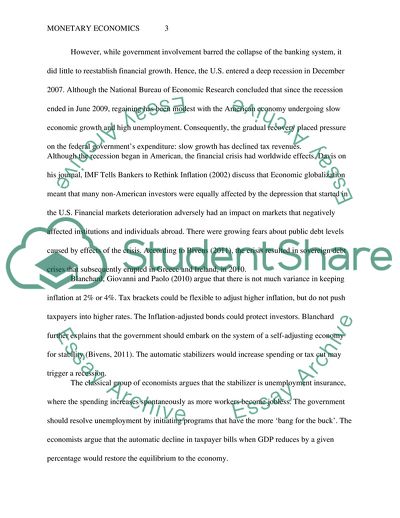Monetary Economics Research Paper Example | Topics and Well Written Essays - 1250 words. https://studentshare.org/macro-microeconomics/1874275-monetary-economics
Monetary Economics Research Paper Example | Topics and Well Written Essays - 1250 Words. https://studentshare.org/macro-microeconomics/1874275-monetary-economics.


